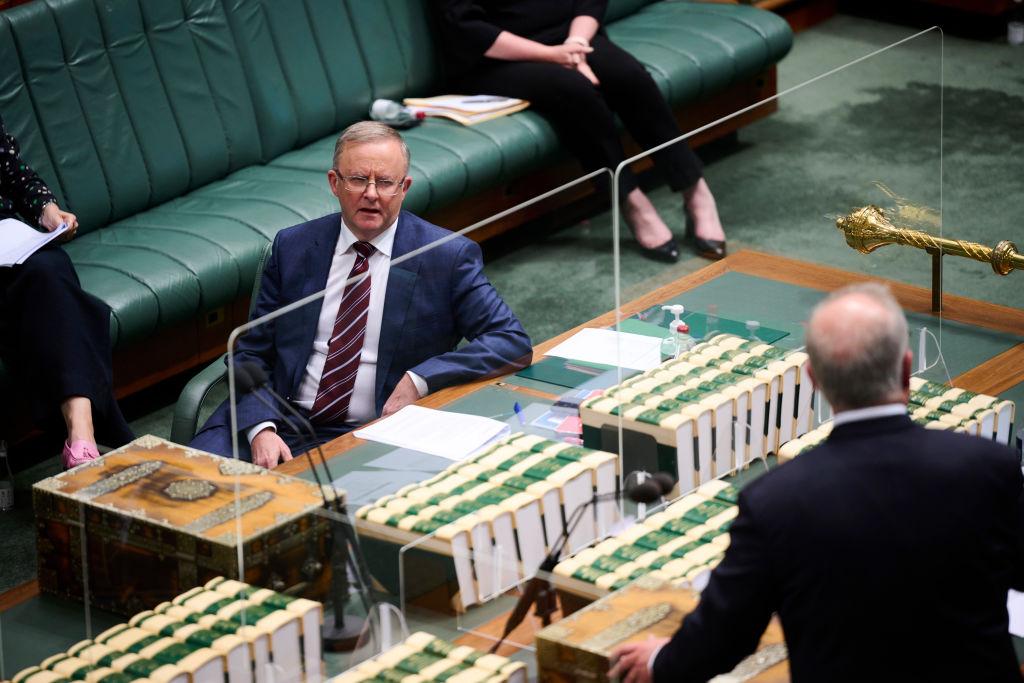Chances of the religious discrimination bill becoming law are fading after the government shelved the bill indefinitely, potentially leaving one of the central election promises of Prime Minister Scott Morrison unfulfilled.
After a marathon 10-hour debate, the bill passed the House of Representatives in the early hours of Thursday morning after five Liberal backbenchers crossed the floor to vote with Labor and the crossbench on a much-watered down version of the bill. The amendments included changes to protect gay and transgender students from being expelled based on their sexual orientation or gender identity.




